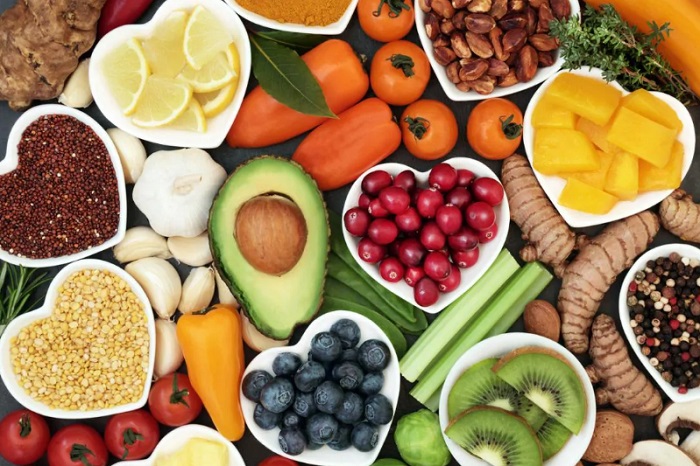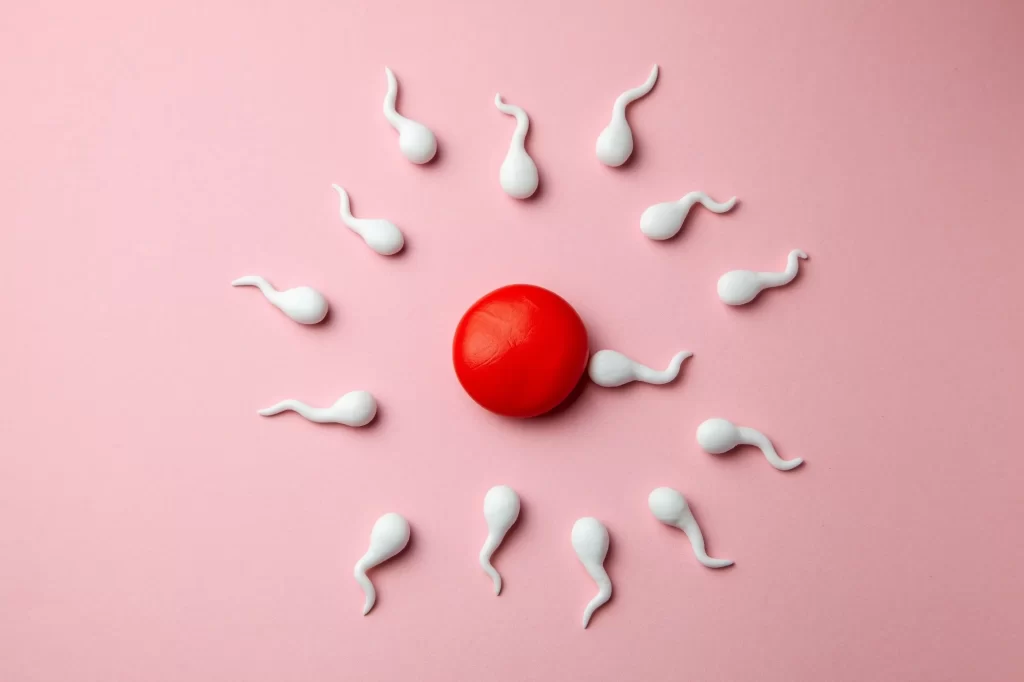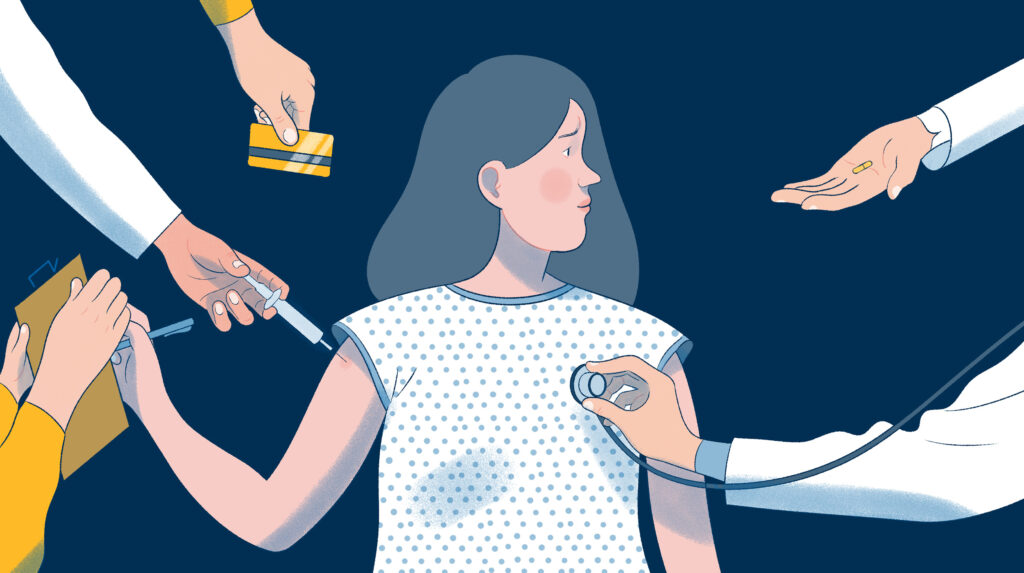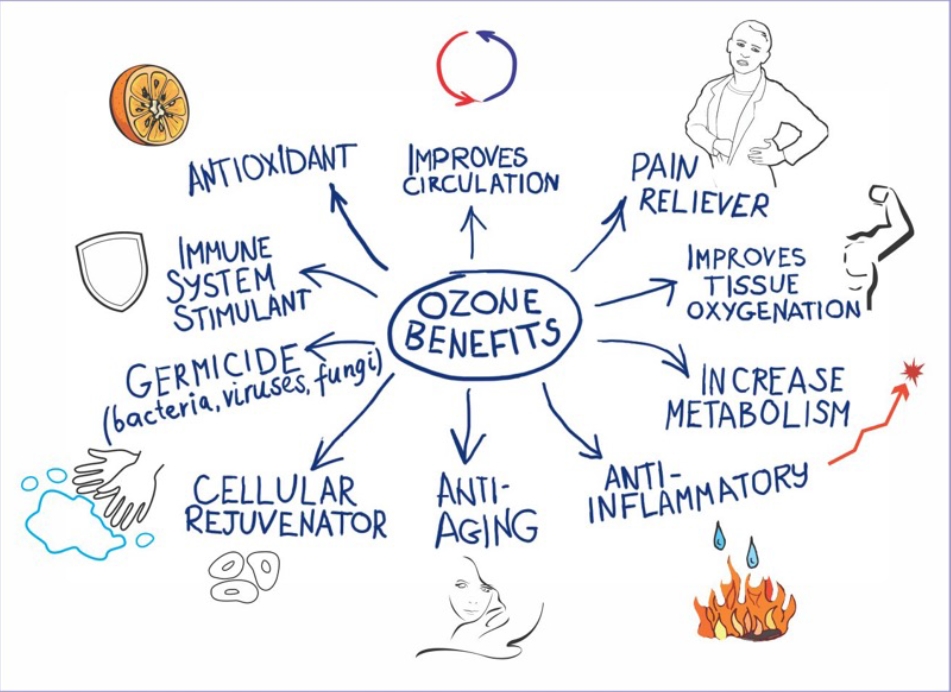Fertility-Friendly Diet: Foods to Boost Your Reproductive Health
The journey to parenthood can be incredibly rewarding but is not without its challenges. One essential aspect of this journey is your diet. The foods you eat can significantly impact your reproductive health, and this is a topic that concerns both men and women. In this post, we will explore a wide range of foods that can positively influence fertility, from antioxidants to essential nutrients. Whether you’re planning to conceive or facing fertility issues, these dietary tips may offer the support you need.
For Women:
1. Folate-Rich Foods: Folate is vital for healthy ovulation. Incorporate leafy greens, legumes, and fortified grains into your diet to meet your folate needs.
2. Iron: Iron-rich foods like lean meats, beans, and dark leafy greens are crucial for women’s reproductive health, helping maintain healthy blood levels.
3. Omega-3 Fatty Acids: Salmon, chia seeds, and flaxseeds are sources of omega-3 fatty acids, which may improve egg quality.
4. Antioxidants: Foods such as blueberries, raspberries, and broccoli provide antioxidants that protect eggs from damage.
5. Whole Grains: Whole grains like brown rice, quinoa, and whole wheat pasta are excellent sources of complex carbohydrates, which support hormonal balance.
6. Lean Proteins: Opt for lean protein sources like poultry, fish, and tofu to maintain steady insulin levels.
7. Vitamin D: Vitamin D is essential for reproductive health. Include fortified foods like dairy or spend time in the sun.
8. CoQ10: Coenzyme Q10, found in organ meats and fatty fish, can enhance egg quality and boost fertility.
9. Water: Proper hydration is essential for cervical mucus, which plays a crucial role in fertility.
10. Fiber: Fiber-rich foods like beans, lentils, and whole grains help regulate blood sugar levels.
For Men:
1. Zinc: Zinc supports sperm production. Incorporate foods like oysters, beef, and pumpkin seeds.
2. Lycopene: Lycopene, found in tomatoes, can enhance sperm quality.
3. Selenium: Selenium-rich foods, such as Brazil nuts and sunflower seeds, may promote sperm health.
4. Antioxidants: Antioxidants found in dark chocolate, pears, and green tea protect sperm from oxidative stress.
5. Omega-3 Fatty Acids: These essential fatty acids are beneficial for sperm function. Add salmon and chia seeds to your diet.
6. Vitamin C: This vitamin, found in oranges and strawberries, may improve sperm motility.
7. Vitamin E: Nuts, spinach, and fortified cereals provide Vitamin E, which supports sperm health.
8. CoQ10: Coenzyme Q10 can boost sperm quality, and sources include oily fish and organ meats.
Holistic Approach to Lower Cortisol Levels:
Elevated cortisol, a stress hormone, can negatively impact fertility for both men and women. To manage stress levels and promote a fertility-friendly environment, consider the following foods:
- Dark Chocolate: The occasional indulgence in dark chocolate can reduce stress and lower cortisol levels.
- Bananas: Rich in magnesium and potassium, bananas help relax muscles and manage stress.
- Pears: Pears contain fiber, which can help stabilize blood sugar levels and reduce stress.
- Green Tea: Loaded with antioxidants, green tea is known for its calming effects.
- Complex Carbohydrates: Foods like vegetables, brown rice, quinoa, sweet potatoes, yogurt, and whole wheat pasta can help regulate blood sugar levels and reduce stress.
- Nuts: Almonds, pistachios, and walnuts contain nutrients that can help lower cortisol levels.
Remember, fertility is a complex issue, and diet is just one aspect of the journey. If you’re planning to conceive or are facing fertility challenges, it’s crucial to consult with a healthcare professional or a fertility specialist. They can provide personalized guidance and address any specific concerns or conditions you may have. Your reproductive health is unique, and seeking professional guidance is essential for the best possible outcomes on your path to parenthood.
Disclaimer: The information provided in this blog post is intended for general guidance on promoting reproductive health through diet. It is not a substitute for personalized advice from a healthcare professional or fertility specialist. Fertility concerns can be complex, and individual circumstances may vary. If you are experiencing fertility issues or have specific concerns, please consult with a healthcare provider or a specialist who can offer tailored recommendations and address your unique needs. Your reproductive health is a significant matter, and seeking professional guidance is essential for the best possible outcomes.




